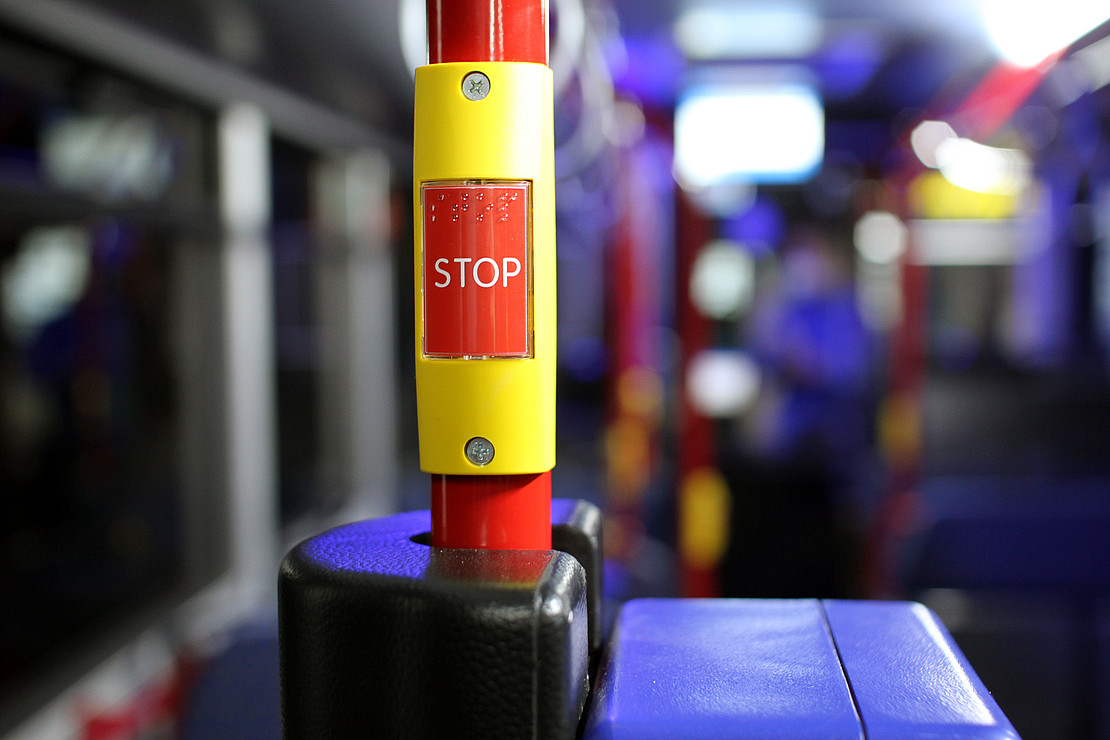This page contains automatically translated content.
Pandemic-resistant public transport: survey on mobility in Kassel

"How do people travel in the city? How are well-being and occupancy levels related? What measures strengthen confidence in public transport? We have to take all of this into account if we want to convince more people to use public transportation again and advance the transportation turnaround," explains Prof. Dr. Carsten Sommer, head of the Department of Transportation Planning and Systems at the University of Kassel and of the EMILIA research project (Development of Pandemic Resistant Public Transportation).
The survey of a total of 3,000 randomly selected citizens of the city of Kassel at different points in time will show how people's mobility behavior changes as a result of framework conditions such as incidence levels, protective measures that apply in each case, such as mandatory masks, or new information on infection risks. "In spring 2021, we have already identified differences in risk perception between people who have turned their backs on public transport compared to those who continue to use public transport or who have stayed away from public transport so far," Natalie Schneider describes initial results. Whether and how the current pandemic situation influences the behavior of transport users or their risk assessment is something the research team also intends to find out this spring in an online survey of 3,000 selected people in Kassel.
As a result of the research project, recommendations for action for a pandemic-resistant design of public transport are to be developed, which include both preventive and reactive strategies and measures. These recommendations for action are to be designed in such a way as to ensure the greatest possible transferability to the national and, if necessary, also international public transport sector. The Federal Ministry of Transport and Digital Affairs (BMDV) is funding the EMILIA research project with around 1.3 million euros.
More about the EMILIA research project: www.uni-kassel.de/go/emilia
Contact:
Prof. Dr.-Ing. Carsten Sommer
University of Kassel
Department of Transportation Planning and Systems
Tel.: 0561 804-3381
Natalie Schneider
University of Kassel
Department of Transportation Planning and Systems
Tel.: 0561 804-3279